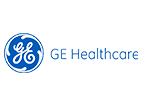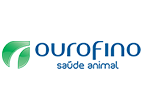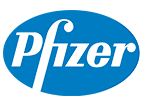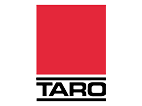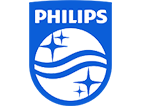Analyzing Impact of COVID-19 on Cardiac Marker Testing Market
Evaluating Financial Stability During & Post Pandemic
We understand the intense effect of the coronavirus on numerous businesses across the globe, affecting the opportunities, marketing strategies, and pricing models, that are further affecting the growth of the businesses worldwide. We provide updated pointers in this economic pandemic to help the conglomerates to sustain in these uncertain and challenging times and ensure that they take affirmative business decisions. Know More
The Research Report is Updated with 2022 Base Year, 2023 Estimated year and Forecast till 2033 with Market Insights.
With the dip in global production, the GDP has contracted in 2022 and impacted the market across the world. Upon placing a Sample Request, you will receive an updated report with 2022 as base year, 2023 as estimated year and forecast to 2033. This will have market drivers, recovery rate in the market, insights and competitive analysis.
Introduction and Overviews
Global Cardiac Marker Testing market showcased rapid growth over the past few years and is likely to grow in another 6-7 years of time. Expanded GDP % allocation towards healthcare system has helped the Cardiac Marker Testing market considerably to reach new level in past five years. In 2017, the EU-28 total expenditure reached USD 1,216 billion i.e. 7% of the total GDP- second largest expenditure after social protection. Hospitals services bargained for whopping 3.2% of GDP, medical equipment/products/appliances for 1% of the GDP and outpatient services for 2.2% of the GDP. In the same year, the highest healthcare expenditure was reported by Norway (8.5% of GDP), Denmark (8.4% of GDP), Austria (8.2% of GDP), followed by France (1% of GDP). Based upon all the factors combined together, the market demand for Cardiac Marker Testing is estimated to observe spiked growth in another 6-7 years.
Further, Asia-Pacific has emerged as a big market for the consumption of Cardiac Marker Testing. Positive GDP rate, continuous increase in % share of GDP towards healthcare spending, spiked healthcare tourism owing to low cost involved especially in the Philippines, India, Indonesia and Thailand, higher penetration rate of health insurances etc. have allowed the Asia market to be a right place for existing and new players. The market study offers extensive assessment on market scope, as well as the growth per annum for global Cardiac Marker Testing market in terms of revenue, market segmentation, and various dynamics such as drivers stimulating the growth of the market, market restraints, opportunities and trends dominant in this market that are collectively impacting the growth of the market. The global Cardiac Marker Testing market is likely to attain considerable absolute $ opportunity value in 2026 as compared to the value achieved in 2019.
Worldwide Cardiac Marker Testing market study consists of risk analysis covering supply and demand risk affecting the growth of the market. Further, the report covers a section on correlation and regression analysis displaying the relationship between independent and dependent variables. The global Cardiac Marker Testing market includes a separate section on macro-economic indicators impacting the growth of this market.
Top Macro-Economic Indicators Impacting the Growth:
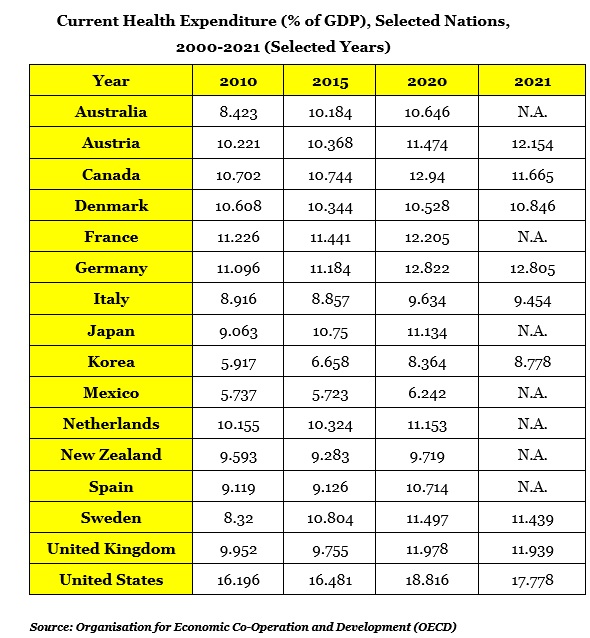
The national health expenditure (NHE), according to the statistics by the Centers for Medicare & Medicaid Services (CMS) of the United States, in the year 2020, recorded to be USD 4124.0 Billion. Out of these, health consumption expenditure was USD 3931.3 Billion, while USD 192.7 Billion was recorded as investments. On the other hand, in the US, according to the statistics by the World Bank, the GDP per capita, PPP recorded to be 69287 Thousand (in current international $) in the year 2021. Further, in China, this recorded to be 19,338 Thousand (in current international $) in the same year. Besides this, the national health expenditure in per capita amount was USD 12530 in the year 2020, while in the same year, the nation witnessed 9.7% annual percent change in NHE. The US dedicates a significant portion towards healthcare as compared to other countries and by 2028, the estimated expenditure for the same is anticipated to be roughly USD 3 trillion.
Gross Household Disposable Income (Including Social Transfers in Kind) (in USD/Capita), 2015-2020, Germany & France
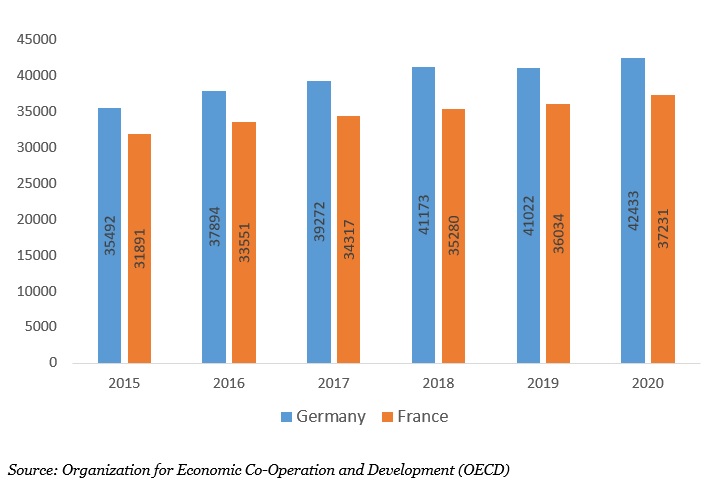
The gross household disposable income of EU was worth USD 12600 billion in 2020. France claimed the second highest position with 18.8%, followed by Italy which had 13.2%. The highest value was registered by Germany, worth 25.7%, as compiled by Eurostat. The average household net adjusted disposable income per capita recorded USD 38,971 annually according to OECD reports. The report further states, the average earning of a person annually is worth USD 53,754 per year. Additionally, in 2021, the disposable income of inhabitants in Germany grew by about 2% from 2020. For the same year, consumer expenditure across private households increased by roughly 3%. The OECD also revealed that, the average household net adjusted household disposable income per capita equaled USD 34,375 annually. The average household net-adjusted disposable income per capita is USD 29,431 a year in Italy. In the United States disposable personal income amounted to around USD 15.89 trillion in 2021. The per capita personal disposable income was valued at USD 46,652.
Export and Import Scenario:
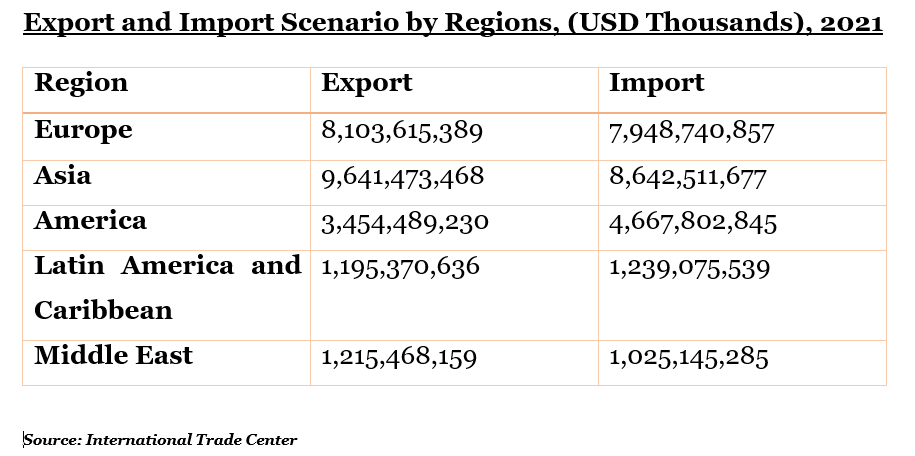
Geographic Overview
A separate section in the report highlights regional scenario in market which includes North America (further segregated into U.S. and Canada).
The report further includes a section on European region which is further segmented on a country/regional level including Germany, U.K., France, Italy, Spain, BENELUX, Netherlands, NORDIC, Poland, Hungary, Russia, Turkey, and Rest of Europe.
In the Asia Pacific Cardiac Marker Testing market, the report studies China, India, South Korea, Indonesia, Malaysia, Japan, Australia, New Zealand and Rest of Asia Pacific. In the Latin America section, an in-depth analysis on Mexico, Brazil, Argentina and Rest of Latin America is covered. Middle East and Africa region have been further identified for the Cardiac Marker Testing market demand and segregated into Israel, GCC (Saudi Arabia, UAE, Bahrain, Kuwait, Qatar, Oman), North Africa, South Africa and Rest of Middle East and Africa.
Competitive Landscape
A complete section on competitive landscape provides an understanding of the companies in current strategic report based upon various parameters which includes overview of the company, business strategy, major product offerings, key performance indicators, risk analysis, recent development, regional presence and SWOT analysis. There is a separate section which has been provided on the market share of key players in this market, as well as the competitive positioning of the players.
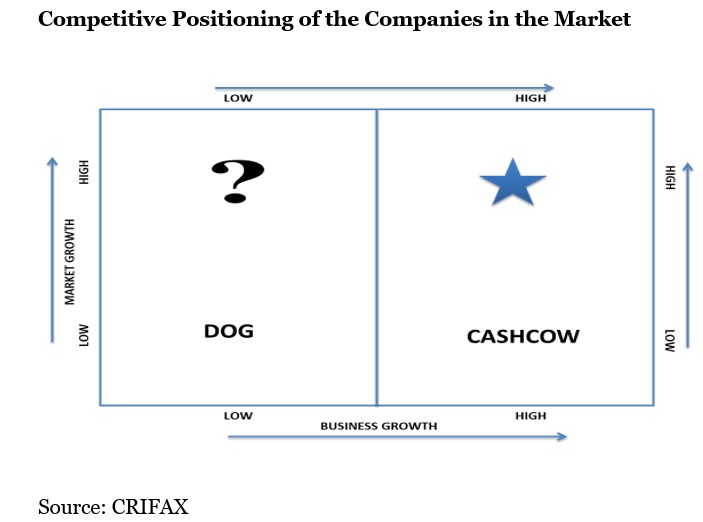
Note: The above figure is the sample and is used for illustration purpose only
Key Topic Covered
- Market Size, Demand, Y-o-Y Growth Comparison
- Market Segmentation Analysis
- Market Segmentation Analysis by Geography
- North America (U.S. and Canada)
- Latin America (Brazil, Mexico, Argentina, Rest of Latin America)
- Europe (Germany, France, UK, Spain, Italy, BENELUX, NORDIC, Russia, Poland, Turkey, Hungary, Rest of Europe)
- Asia Pacific (China, Japan, India, South Korea, Indonesia, Malaysia, Australia, New Zealand, Rest of Asia Pacific)
- Middle East and Africa (GCC, North Africa, South Africa, Rest of Middle East and Africa)
- Absolute $ Opportunity
- Regional Average Pricing Analysis
- Demand and Supply Risk
- Regulatory Landscape
- Regression and Correlation Analysis
- Porters Five Force Model
- Market Dynamics
- Growth Drivers
- Demand Side Drivers
- Supply Side Drivers
- Economy Side Drivers
- Challenges
- Trends
- Opportunities
- Growth Drivers
- Macro-economic Indicators impacting the growth of the market
- Competitive Landscape
- Market Share of the companies
- Competitive Positioning of the companies
- Overview of the companies
- Key Product Offerings
- Business Strategies
- Financial Performance
- Key Performance Indicators
- Risk Analysis
- SWOT Analysis
- Recent Developments
- Regional Presence
Major Target Audience for this report:
- Manufacturers of the product
- Suppliers of raw materials
- Distributors
- Strategic and management consulting firms
- Investors
- Investment banks
- Various regulatory and Government bodies
- Industrial Associations
- Research Organizations and institutes
- Organizations, alliances and forums related to this market
Crucial Questions Answered in this report:
- How the market is going to be impacted based upon the macroeconomic indicators?
- What are the various opportunities in Cardiac Marker Testing market?
- Which segment and which country has the fastest growth?
- Complete analysis of the competitive landscape
- Where the maximum opportunity lies in terms of further investments by region?
- Potential countries for investment
Scope for the Customization:
We are open for the customization of this report for our client.

